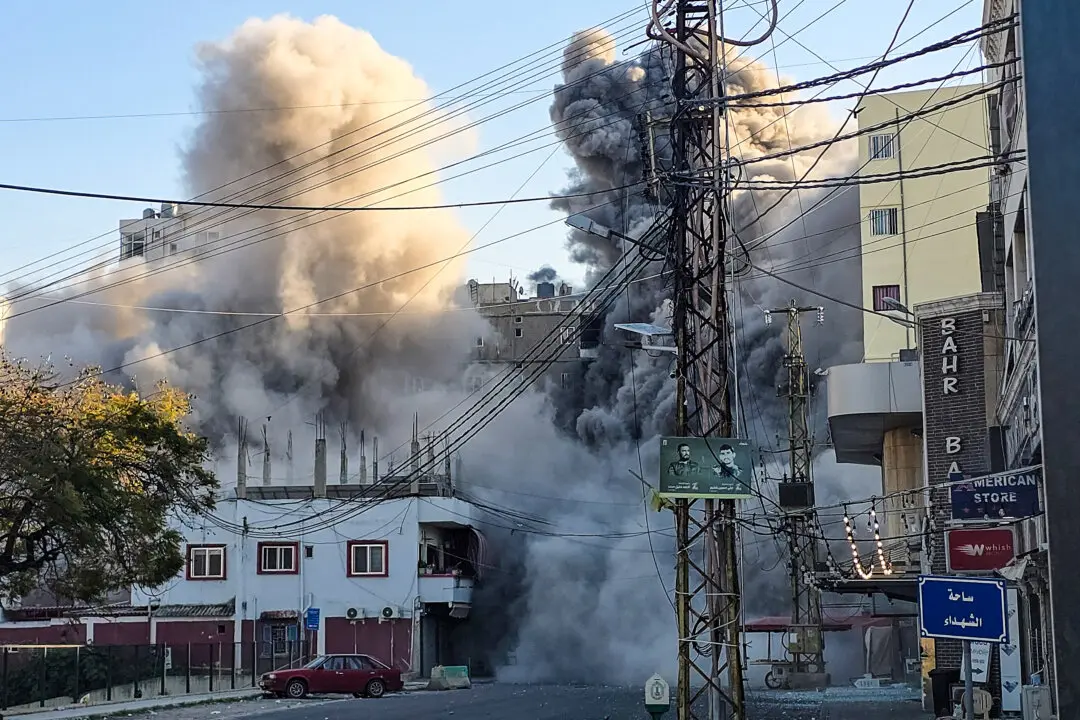Officials have completed their examination of documents that were taken during a raid on former President Donald Trump’s Mar-a-Lago residence and it’s possible that “attorney-client privileged information” was seized by FBI agents, the Department of Justice stated in an Aug. 29 filing.
The Justice Department (DOJ) was responding to a motion filed by Trump to request the appointment of a special master to review the seized documents.





